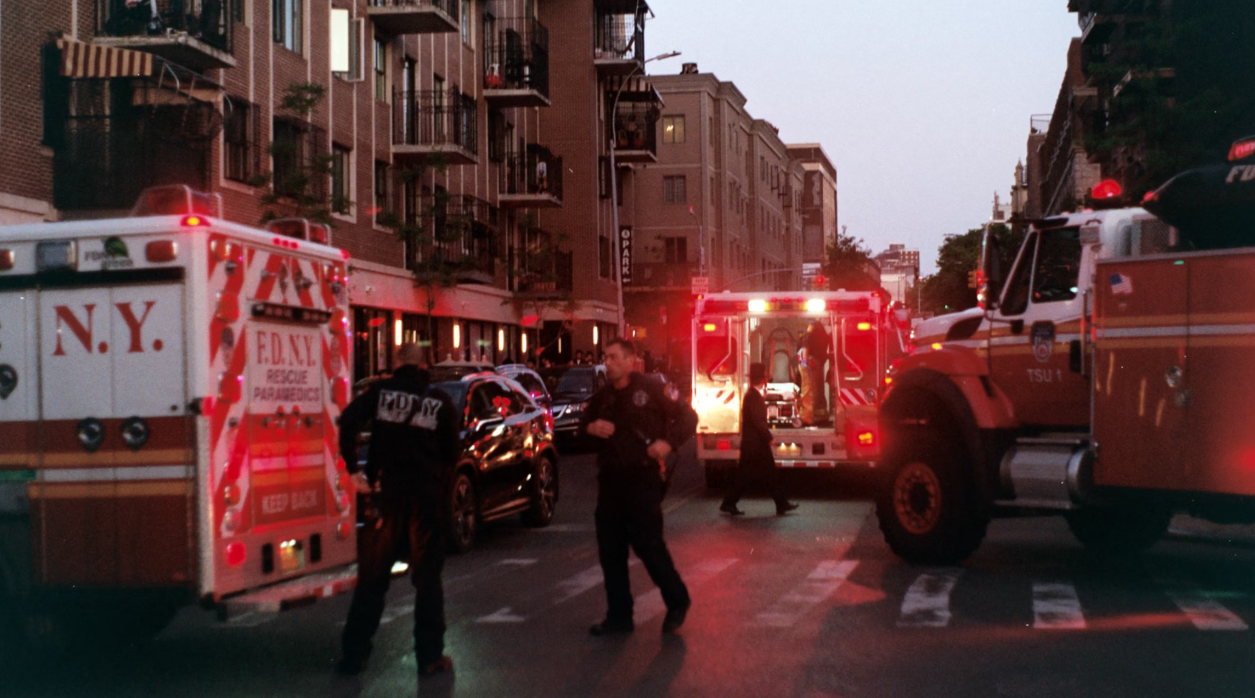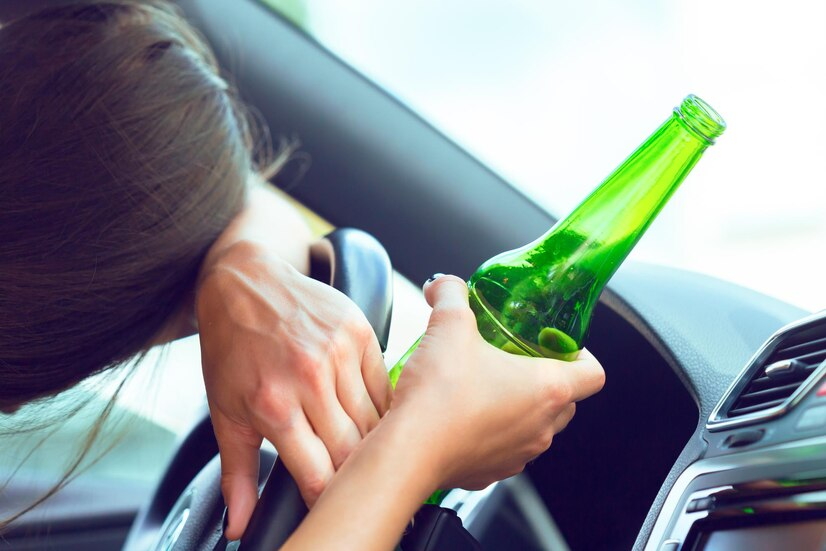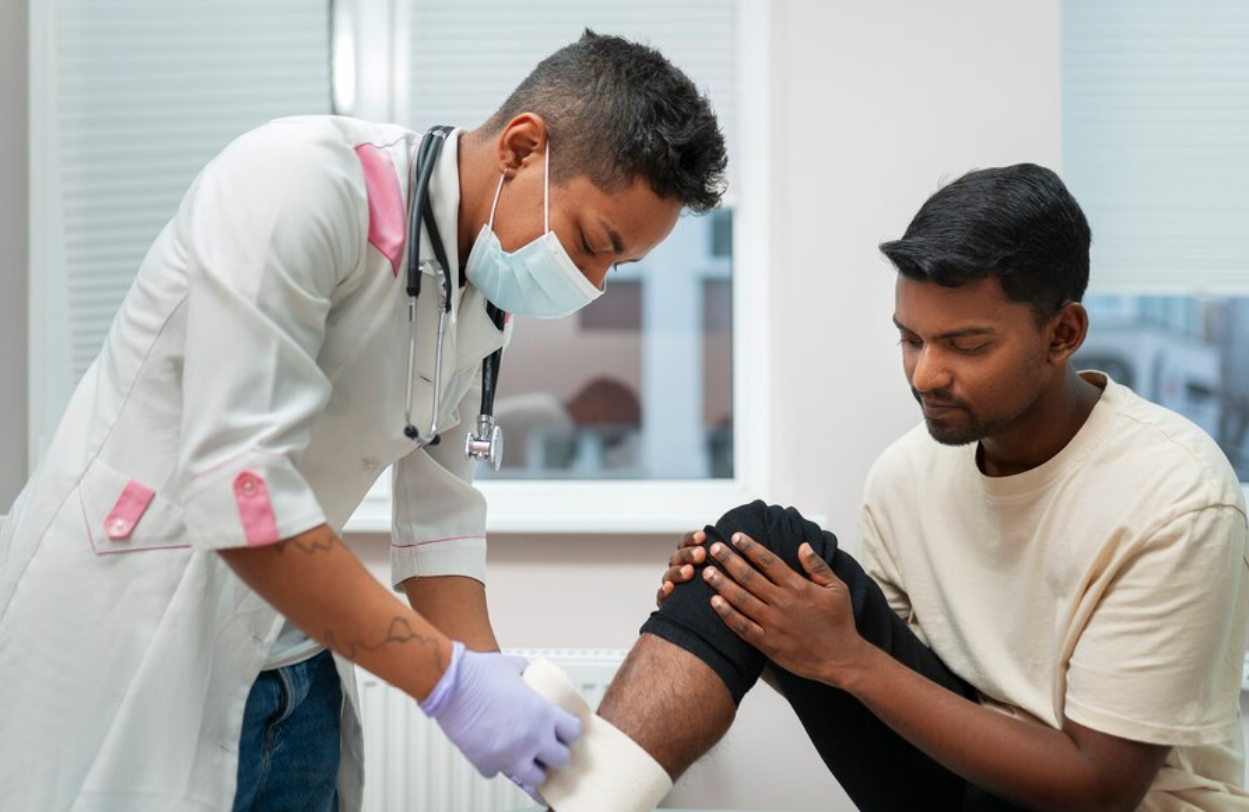Car accidents can happen anytime, anywhere, even in Baltimore. When an accident occurs, the biggest concern is often medical bills. Many people wonder: Does health insurance cover auto accidents? The answer is not always simple. Health insurance may help cover medical costs, but there are rules, limits, and conditions. This article explains how health insurance works for auto accidents, using real-life examples to make it easy to understand.
Here are the topics we’ll be covering today.
- Health insurance coverage for auto accidents
- Subrogation: what happens after insurance pays?
- Types of health insurance that may cover auto accidents
- Coverage limits and deductibles: what you should know
- Coordination of benefits: how insurance companies work together
- Personal Injury Protection (PIP) coverage
- Additional legal considerations in Baltimore
With that said, let’s go over them one at a time.
Health Insurance Coverage for Auto Accidents
If you get into a car accident in Baltimore, you might need medical treatment. The first question many people ask is, “Does health insurance cover auto accidents?” The answer depends on your insurance plan and the type of accident.
Here’s how health insurance works in car accidents.
- If you have health insurance, it may cover medical costs after a car accident.
- Some policies require you to pay a deductible before they cover your bills.
- Insurance companies may not cover injuries if you have auto insurance that includes Personal Injury Protection (PIP).
Example: The Baltimore Bridge Crash
In 2019, a tragic accident occurred when a car lost control and hit the guardrails on the Baltimore Key Bridge. The victims needed immediate medical care. Some had health insurance, while others relied on PIP from their auto insurance. This shows why knowing your insurance coverage is important.
Subrogation: What Happens After Insurance Pays?
A key term to understand is subrogation. This happens when your health insurance company pays for your medical bills but later asks to be reimbursed.
Here’s how subrogation works.
- If you were not at fault, your health insurance might pay for treatment first.
- Later, your insurance company may ask the at-fault driver’s insurance to pay them back.
- This process can take time, and you may need a lawyer if there are disputes.
Example: The Baltimore Beltway Crash
A few years back, a multi-car crash on the Baltimore Beltway left several people injured. Some victims used their health insurance, while others used PIP. The health insurance companies later pursued subrogation to recover costs from the at-fault driver’s insurance.
Types of Health Insurance That May Cover Auto Accidents
There are different types of health insurance, and coverage can vary. The most common types include:
1. Employer-Sponsored Health Insurance
- Many employers provide health insurance that may cover auto accidents.
- These plans often have deductibles and co-pays.
2. Private Health Insurance
- If you buy your own insurance, check if it covers car accident injuries.
- Some plans exclude certain accident-related treatments.
3. Government Health Insurance (Medicare & Medicaid)
- Medicare and Medicaid cover auto accident injuries but may have restrictions.
- They will also seek reimbursement if you receive a settlement.
Example: A Tourist’s Experience in Baltimore
A tourist from another state had an accident while visiting Baltimore. They used their private health insurance for hospital bills, but later, the insurer sought reimbursement from the at-fault driver’s insurance. This is why understanding coverage is essential.
Coverage Limits and Deductibles: What You Should Know
When asked, “Does health insurance cover auto accidents?” You also need to consider coverage limits and deductibles.
Coverage Limits:
- Every health insurance policy has a limit on how much it will pay.
- If your medical bills exceed this limit, you must pay the rest.
Deductibles:
- A deductible is the amount you must pay before insurance starts covering costs.
- For example, if your deductible is $1,000, you must pay that amount before your insurance pays anything.
Example: The I-95 Pile-Up
In 2020, a major pile-up occurred on Interstate 95 in Baltimore. Many victims had to pay high deductibles before their health insurance covered the rest of their hospital bills. Some used PIP coverage from their auto insurance to avoid these costs.
Coordination of Benefits: How Insurance Companies Work Together
If you have both health insurance and auto insurance, they may coordinate to decide who pays first.
Here’s how coordination of benefits works.
- In some cases, your auto insurance (PIP) pays first, then health insurance covers the rest.
- If you don’t have PIP, your health insurance becomes the primary coverage.
- Some policies exclude accident-related medical costs, so always check.
Example: The Baltimore Snowstorm Crash
During a severe snowstorm, multiple accidents happened on the Baltimore-Washington Parkway. One victim had both PIP and health insurance. His PIP covered the first $5,000 of medical bills, and his health insurance covered the rest. This saved him from high out-of-pocket expenses.
Personal Injury Protection (PIP) Coverage
In Maryland, Personal Injury Protection (PIP) is an optional coverage that helps pay medical bills after an accident.
Why PIP Is Important
- PIP covers medical expenses, regardless of fault.
- It can cover lost wages if you miss work.
- It helps avoid high deductibles from health insurance.
How Much PIP Coverage Should You Get?
- Maryland law requires auto insurers to offer at least $2,500 in PIP coverage.
- You can purchase higher limits for better protection.
Example: The Drunk Driving Incident in Baltimore
A driver hit another car while driving under the influence. The victim had PIP, which paid for medical costs quickly, even before the legal case against the drunk driver was settled. This shows why having PIP is helpful in Baltimore.
Additional Legal Considerations in Baltimore
If you’re injured in a car accident, you may have legal options to recover medical costs.
1. Filing a Claim Against the At-Fault Driver
- If another driver caused the accident, their insurance should pay for your medical bills.
- However, if they are uninsured, you may need to use your health insurance or PIP.
2. Hiring a Lawyer for Injury Claims
- If your insurance denies coverage, a lawyer can help.
- Baltimore has many personal injury attorneys who specialize in car accident cases.
Example: The Hit-and-Run Case in Baltimore
A pedestrian was hit by a car in a hit-and-run accident. Since the driver was never found, the victim used PIP and health insurance to cover their injuries. They also hired a lawyer to explore other compensation options.
Wrapping Up
So, does health insurance cover auto accidents? The answer is yes but with conditions.
- Health insurance can cover injuries, but deductibles and limits apply.
- PIP coverage can help pay medical bills faster.
- Subrogation means your insurer may try to get money back from the at-fault driver.
- Legal options exist if insurance coverage isn’t enough.
If you need further assistance with any question regarding “Does health insurance cover auto accidents in Baltimore?”, give us a call. We at Scheuerman Law can help you understand your rights and help you through the process. So, why wait? Give us a call today at 443-888-2062 to schedule a consultation!




